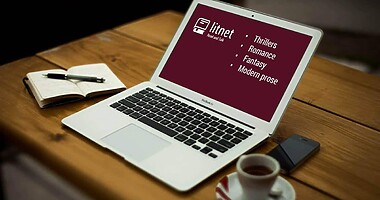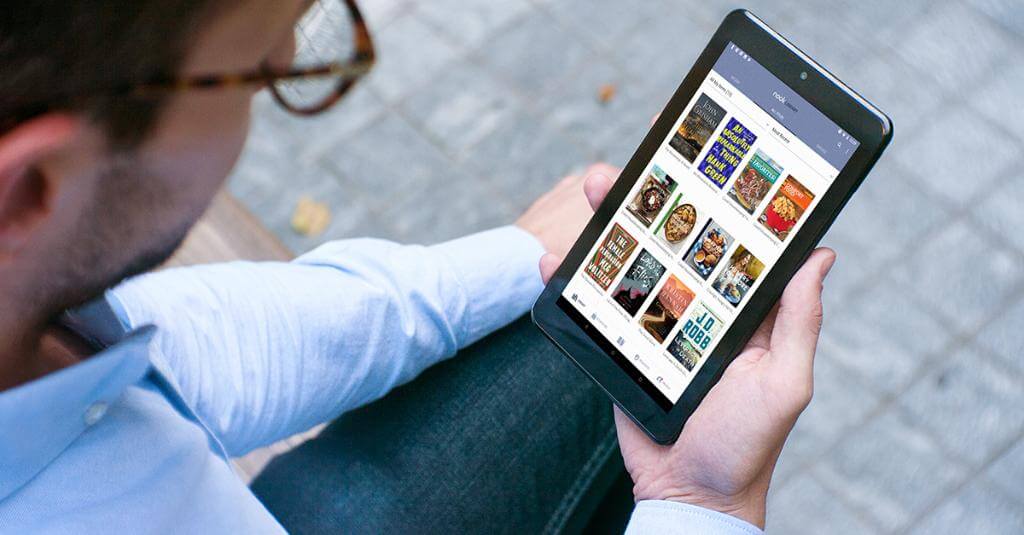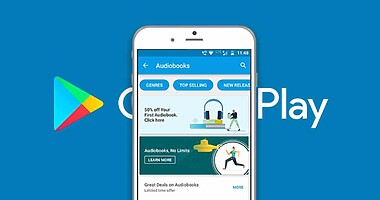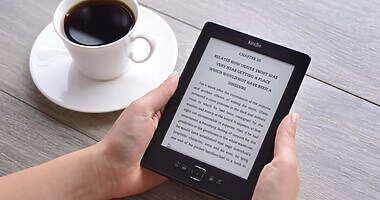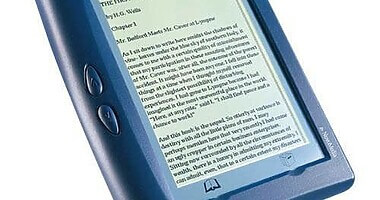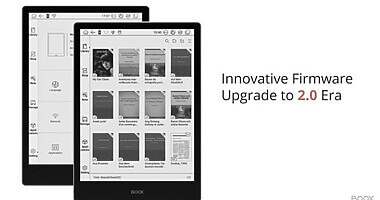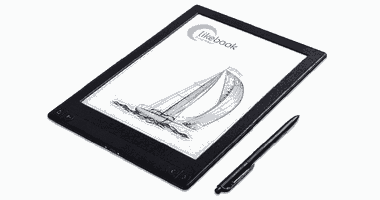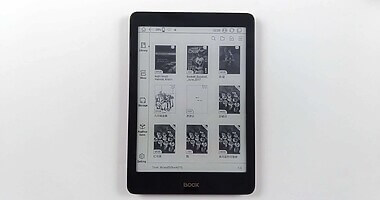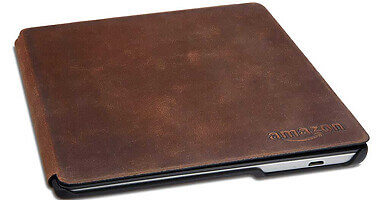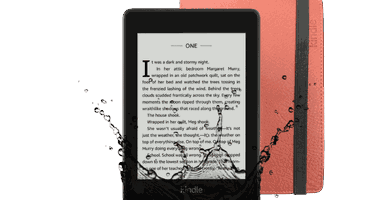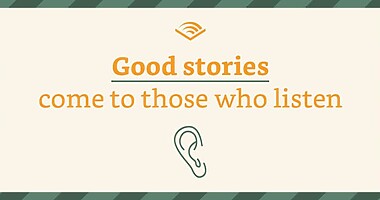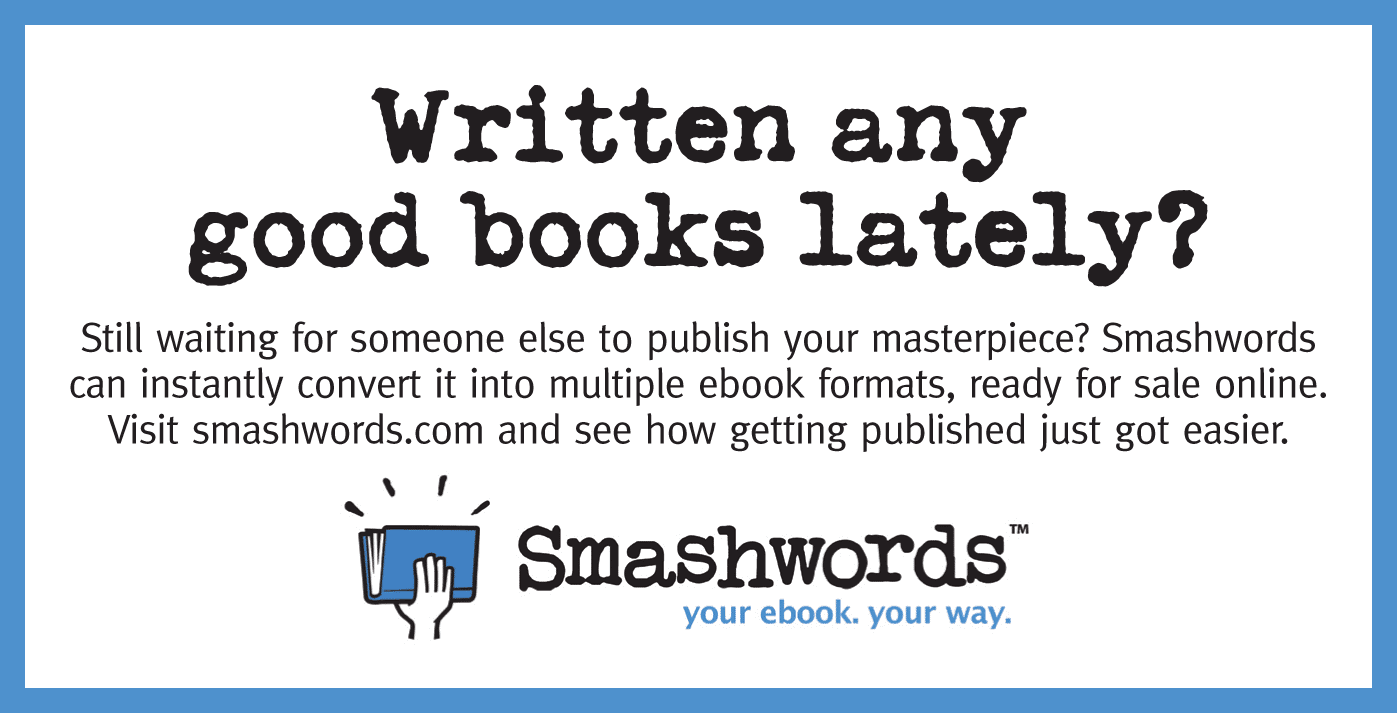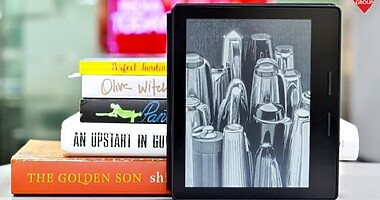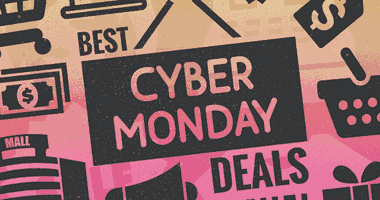Litnet: Read books before they get published
How to read best sellers before they’re complete and published? Just imagine, let’s say George Martin, the author of “Game of Thrones,” releases his new novel not in full, but publishes it chapter by chapter. Readers engage in discussions of plot twists and character developments expressing their ideas on how the story should proceed. Martin takes some of those suggestions on board and surprises his readers with the very plot twist they’ve been longing for. “Impossible!”, you’re thinking. And you’re wrong. This has become possible with the launch of the English version of Litnet an innovative literary platform that has been successfully operating on the global market since 2015.
